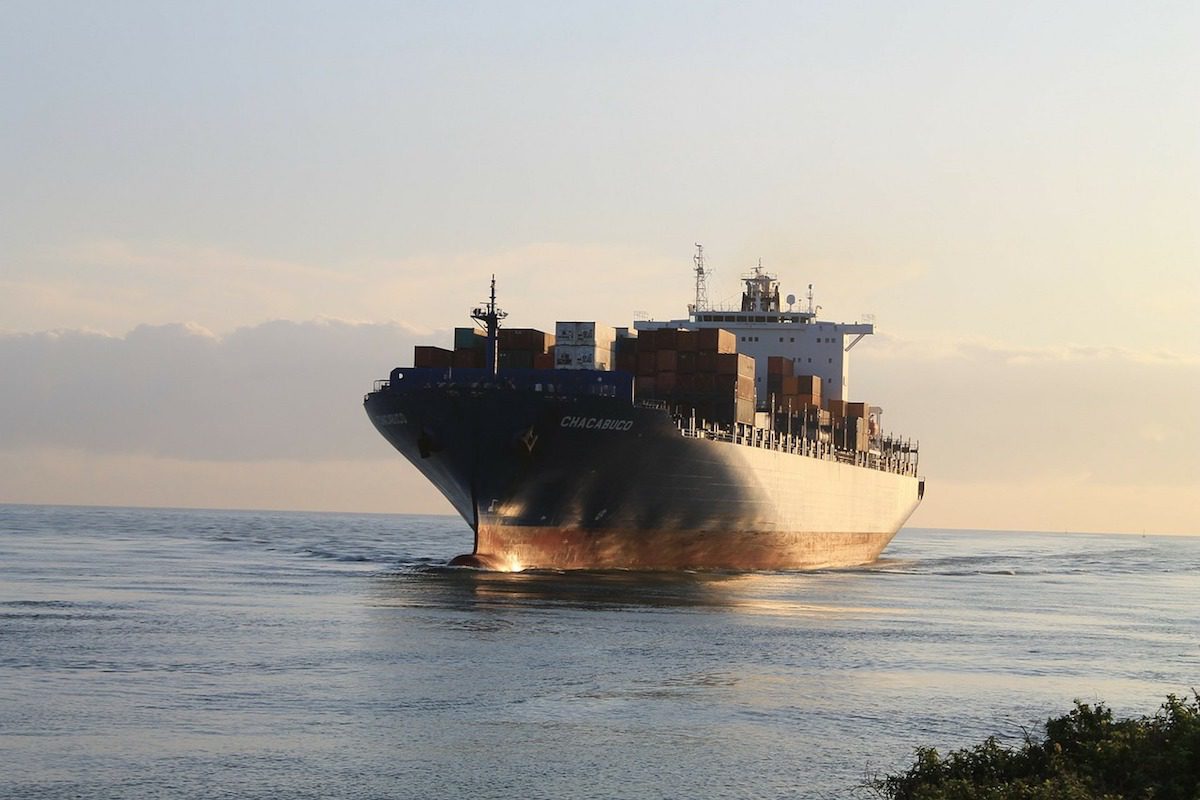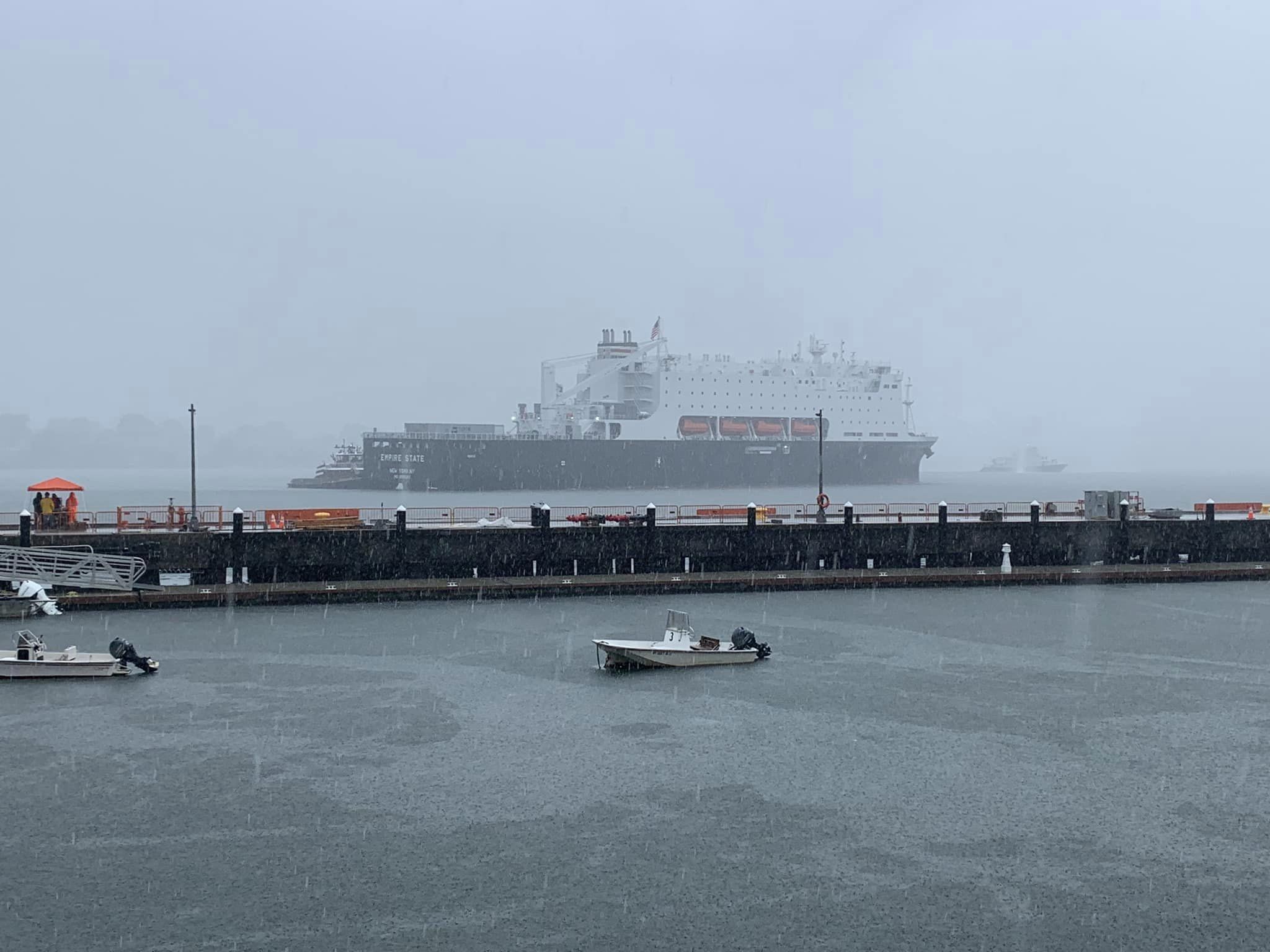File photo
The U.S. Department of Transportation is yet to finalize national maritime strategies that were called were called for in two separate mandates by Congress in 2014, delaying providing decision-makers the information they needed to address challenges facing the U.S. flag fleet, the GAO said in a report.
The strategy, which was originally due to be completed in 2015, is intended to address how to make U.S.-flag vessels more competitive in the international market, as well as how to ensure the long-term viability of U.S.-flag vessels and U.S.-citizen mariners.
The Department of Defense (DOD) counts on U.S.-citizen mariners that work on U.S.-flag vessels to crew the government-owned reserve fleet during a crisis or military activation.
In an August 2018 report, GAO concluded that by not completing the strategy or establishing a timeline for completing it, Dept. of Transportation (DOT) had delayed providing decision-makers the necessary information to address challenges facing the U.S. flag fleet, and recommended that the DOT expeditiously finalize the mandated report.
Subsequently, with the passage of the John S. McCain National Defense Authorization Act for Fiscal Year 2019, Congress extended the deadline for the strategy to February 2020, which DOT have indicated they will be able to meet.
Stakeholders GAO spoke with for its August 2018 report identified two primary challenges to ensuring that the U.S.-flag fleet would continue to meet DOD’s national defense needs.
The first challenge identified by the GAO is maintaining the financial viability of the U.S.-flag fleet, which is threatened by the increasingly higher costs of operating U.S. vessels compared to foreign flag vessels and a decrease in government cargo being shipped internationally. The second challenge is the potential shortage of U.S. citizen mariners available to support defense needs, in part due to the declining numbers of U.S.-flag vessels that employ these mariners.
According to the GAO, DOT officials have identified some options address these challenges, but the GAO says DOT officials are not ready to assess their feasibility or formally propose these options.
For example, to address the challenge of maintaining the financial viability of U.S.-flag vessels, DOT has identified options such as changing regulations to decrease the costs of bringing a ship under the U.S. flag and requiring that certain energy export commodities, such as oil or liquefied natural gas, be carried on U.S.-flag vessels.
Additionally, in order to address the potential shortage of U.S.-citizen mariners, the DOT convened a working group to determine how many mariners would be needed to meet defense needs. The working group estimated a shortage of over 1,800 U.S.-citizen mariners in the event of a sustained military activation, although it also recommended data improvements to increase the accuracy of the count of available mariners.
The working group further identified two actions that could help increase the number of U.S.-citizen mariners, including developing a reserve program to identify and support qualified mariners willing to sail to support defense needs during an emergency, as well as expanding programs and requirements that support U.S.-citizen mariners, such as requirements that government agencies must ship certain cargo on U.S. flag vessels.
You can find the GAO’s latest statement on the National Maritime Strategy here.
Editorial Standards · Corrections · About gCaptain

 Join The Club
Join The Club











